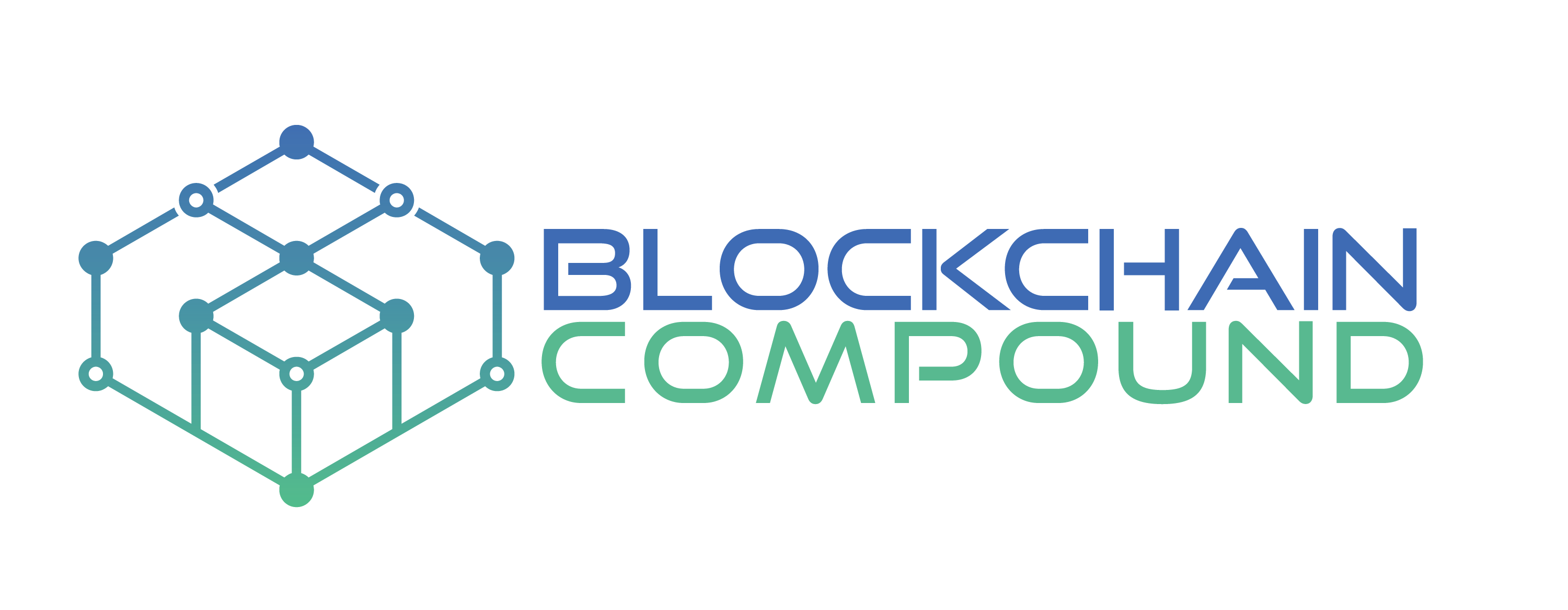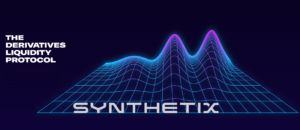Blockchain technology is a decentralized, digital ledger that enables secure, transparent, and tamper-proof transactions between parties. This technology has the potential to disrupt and revolutionize many industries by reducing costs, improving efficiency, and increasing transparency.
In the finance and banking sector, blockchain technology can be used to reduce costs associated with intermediaries and to speed up transactions. By using blockchain, financial institutions can securely share information and transact without the need for a third-party intermediary, such as a bank. This can result in lower costs, reduced fraud and errors, and faster processing times.
In supply chain management, blockchain technology can be used to track the movement of goods and raw materials from origin to end-consumer. This can help improve transparency and efficiency in supply chain management, as well as increase accountability and reduce the risk of counterfeiting.
In the Internet of Things (IoT), blockchain technology can be used to secure and manage communication between connected devices. This can help ensure the privacy and security of sensitive data transmitted between devices and prevent unauthorized access to the IoT network.
Given its secure, transparent, and tamper-proof ledger system, blockchain technology can drastically shape multiple industries. Through increased trust, efficiency, and accountability, this innovative advancement has the potential to create new business opportunities. Therefore, it is essential that people understand the basics of blockchain tech before taking advantage of its revolutionizing power.
The Basics of Blockchain Technology
The basics of blockchain technology involve the following concepts:
- Decentralization: Blockchain technology operates on a decentralized network, meaning that the network operates independently without the need for a central authority to control it.
- Immutable ledger: The blockchain is a permanent ledger of all transactions that have taken place on the network. Transactions are confirmed by network participants, making it extremely difficult to alter or remove any transactions.
- Cryptography: Blockchain uses cryptography to secure transactions and maintain the integrity of the network. This ensures that transactions are secure and tamper-proof.
- Consensus algorithm: The consensus algorithm is the method used by the network participants to confirm transactions and agree on the current state of the ledger. This ensures that the network operates smoothly and securely.
- Smart Contracts: Smart contracts are self-executing contracts with the terms of the agreement between buyer and seller being directly written into lines of code. These contracts can be used to automate complex processes and facilitate trustless transactions between parties.
These are the core components of blockchain technology and form the foundation for the development of decentralized applications and platforms like cryptocurrencies, NFTs, and others.
The Financing and Banking Sector
The financial and banking sector has been one of the industries that has been most heavily impacted by the rise of blockchain technology. Blockchain provides a secure and transparent way to store financial transactions and other data, which can help to reduce fraud, increase transparency, and streamline financial processes.
One potential use case for blockchain in finance is for cross-border payments. Currently, cross-border payments are often slow and expensive due to the need for intermediaries to verify the transactions and ensure that they are accurate. By using blockchain, cross-border payments could be made almost instantaneously and with much lower fees, as the transactions would be verified and processed on a decentralized network.
Another potential use case is in the area of digital currencies and digital assets. Blockchain can be used to securely store and transfer digital assets, such as cryptocurrencies like Bitcoin, and also to track the ownership of these assets over time. This could potentially revolutionize the way that financial assets are traded and managed, making the process faster, cheaper, and more secure.
There are also a number of blockchain-based projects being developed in the financial sector that aim to provide new financial services and products to customers. For example, some blockchain-based lending platforms are being developed that allow borrowers to access loans from a decentralized network of lenders, without the need for a traditional bank to act as an intermediary. These platforms aim to provide lower-cost, more accessible financial services to people who may have been excluded from the traditional banking system.
In conclusion, blockchain has the potential to bring about major changes in the financial and banking sector, by reducing costs, improving security, and providing new and innovative financial services to customers.
Supply Chain Management
In supply chain management, blockchain technology can be used to increase transparency and efficiency in the movement of goods from one point to another. Some of the specific use cases of blockchain in supply chain management are:
- Traceability: Blockchain can be used to create an immutable record of each step in the supply chain, allowing companies to track the journey of goods from the source to the final consumer.
- Transparency: With blockchain, every transaction is recorded and visible to all participants in the network. This makes it easier to identify bottlenecks and inefficiencies in the supply chain and improve the overall process.
- Smart Contracts: Automated smart contracts can be used in the supply chain to enforce rules and regulations, reduce the risk of fraud, and streamline business processes.
- Reducing Counterfeits: Blockchain can be used to store information about the authenticity of products, which helps to reduce counterfeits and protect consumers.
- Increased Security: Blockchain provides a secure and decentralized platform for recording transactions, which reduces the risk of data breaches and unauthorized access to sensitive information in the supply chain.
By implementing blockchain solutions in the supply chain, companies can improve transparency, efficiency, and security, which ultimately results in cost savings and increased customer satisfaction.
Internet of Things (IoT)
The Internet of Things (IoT) refers to the interconnected network of physical devices, vehicles, home appliances, and other items embedded with electronics, software, sensors, and connectivity which enables these objects to connect and exchange data. Blockchain technology can play a crucial role in the development and implementation of IoT systems.
Here are some ways blockchain can be used in IoT:
- Decentralized Identity Management: IoT devices require a secure and efficient way to manage identities, and blockchain can provide a decentralized and tamper-proof way to store and manage device identities, ensuring the privacy and security of data and devices.
- Secure Data Exchange: Blockchain can provide a secure and transparent way for IoT devices to exchange data and communicate with each other, reducing the risk of data breaches and unauthorized access to data.
- Automated Transactions: With the help of smart contracts, blockchain can enable automated transactions between IoT devices, allowing for efficient and streamlined processes, reducing costs, and increasing speed.
- Supply Chain Tracking: Blockchain can be used to track the journey of goods through the supply chain, providing greater transparency and accountability, reducing the risk of fraud, and improving overall efficiency.
In conclusion, the combination of blockchain and IoT has the potential to revolutionize various industries and provide new levels of security, efficiency, and transparency.




